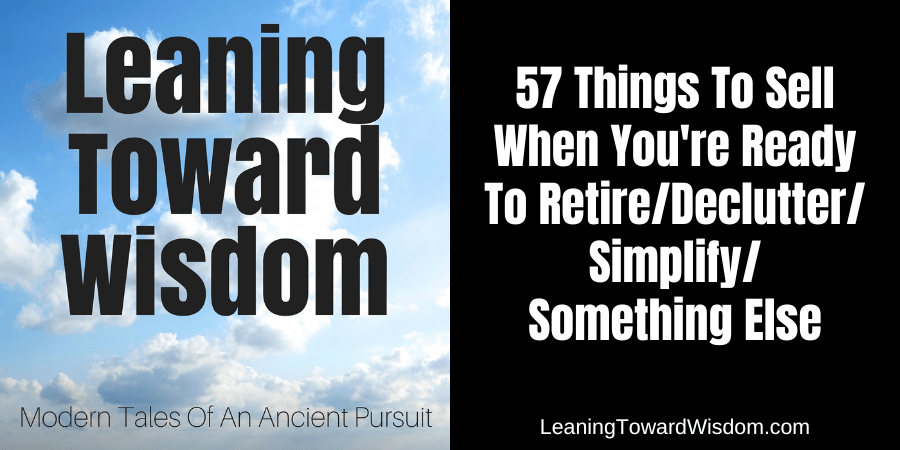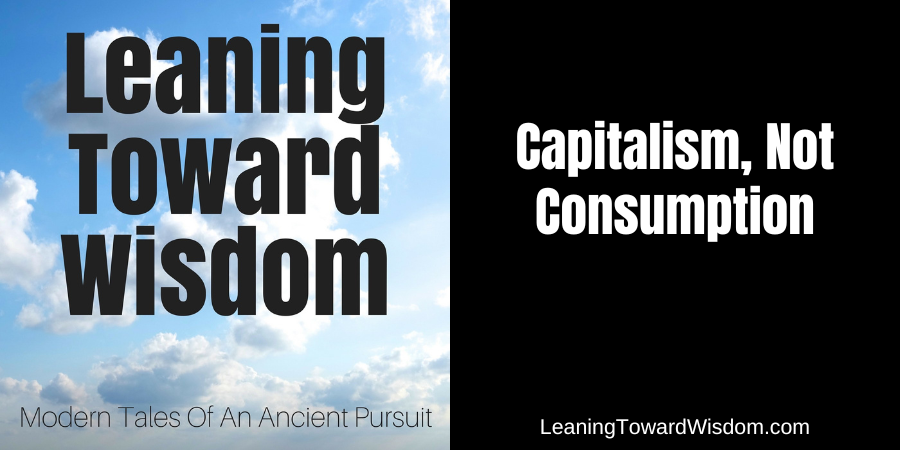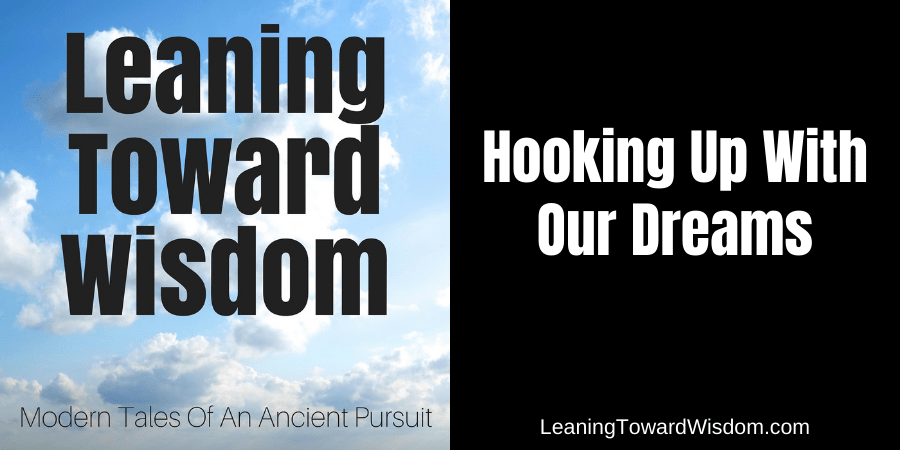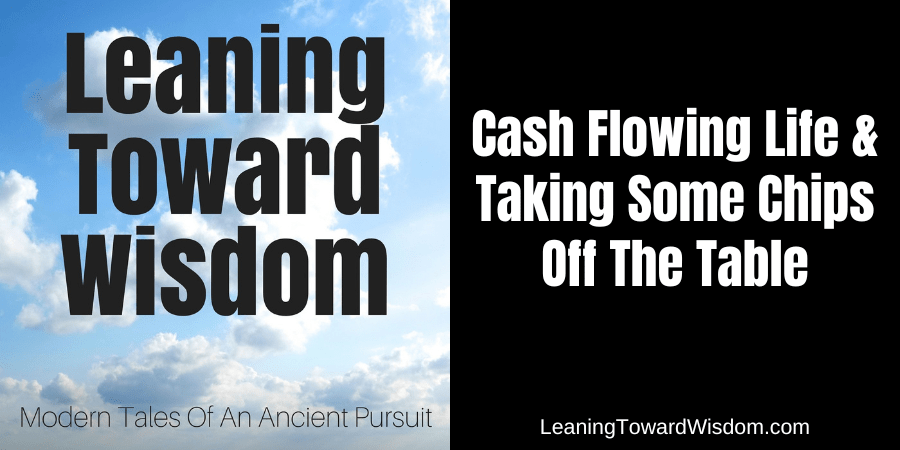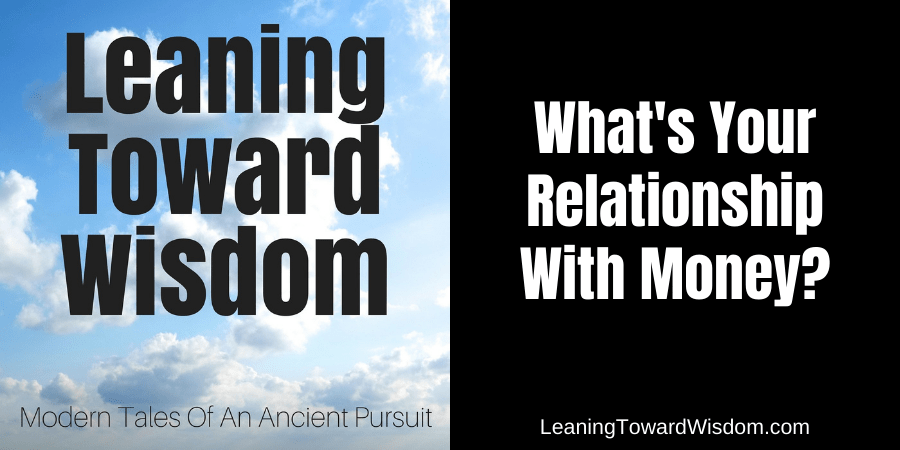Podcast: Play in new window | Download (Duration: 44:20 — 40.6MB)
Subscribe: Apple Podcasts | Spotify | iHeartRadio | Email | | More
I’ve got more episodes “in the can” than ever before. It’s unprecedented for me here at LTW. Today’s show was recorded in the wee hours of the morning. Today. So I decided to hit the publish button. It seemed fitting for a week before our nation celebrates independence and freedom – two things I’m thankful for. Thanks for clicking that play button.
Capitalism – an economic and political system in which a country’s trade and industry are controlled by private owners for profit, rather than by the state
Practitioners and supporters of capitalism are capitalists. I’ve long declared myself a capitalist. Supporting industry controlled by private owners rather than the government is the foundation of why I’m a capitalist. Capitalism is also based on fair (high integrity) competition and merit. High integrity is often absent, but it’s also absent in socialism, communism, and all other isms – many based on philosophies opposed to competition and merit.
Don’t confuse capitalism with consumption or consumerism. They’re somewhat tied together, but it’s a chicken versus egg thing. If I open up a business on Main Street selling custom-made T-shirts, the buying public – the market – will determine whether I make it or not. Sure, I’m in control of many variables, including my costs, my marketing, my location, my pricing, and more. But if I fail to get any customers, I’ll fail. The market will make a loser out of my custom-made T-shirt business.
Entrepreneurs find needs and fill them. Or try to.
Sometimes entrepreneurs see a need that really isn’t a need. The market says so by refusing to buy their solution.
Sometimes entrepreneurs see a need that really is a need, but their execution or timing is poor. They fail.
Sometimes entrepreneurs see a need, fill that need effectively and people buy. Perhaps in droves.
Should The Individual Have The Power To Choose?
Yes. Those who lean toward the left of the political spectrum seemingly place a high value on governance and legislation. That is, state imposition to encourage people to do what they feel is best. Those who lean toward the right of the spectrum seemingly place a higher value on the options and choices of the individual. Much of the debate focuses on whether or not the individual has the capacity or self-discipline to do what should be done – or what some think would be best.
The simple version of the quandary is that if the power and freedom reside with the individual, then each individual has the ability to get it wrong. Or right. The point is whether or not their choice is legislated, but whether or not their choice will fit within the context of the greater good of society. So a person who decides that a life of theft will be their choice now faces societal consequences imposed by the government, whose task is to punish “evil-doers.” 1 Peter 2:14 “or to governors as sent by him for the punishment of evildoers and the praise of those who do right.” It’s the very reason God ordained earthly governments.
Humans have the capacity to love. Having that choice necessarily means we have other choices. We don’t have to love something. Or somebody. We can choose alternatives between love and hate. And within the scale of love or hate – or anything in between – we can choose degrees. The extremes can be chosen or something more moderate. It’s up to us. Each of us.
So It Goes With Our Money Decisions
Individual choice is optimal. It’s also how God created us – with free will.
free will, in philosophy and science, the supposed power or capacity of humans to make decisions or perform actions independently of any prior event or state of the universe
Simply put, free will is our ability to make up our own minds. For this conversation, that means how we spend our money.
Many choices impact others. Maybe every choice we make impacts somebody else. I’m not smart enough to figure that out, but it’s clear that if we’re financially irresponsible then we’re a burden on somebody else. Maybe on the entire society. So we’ve got a responsibility to ourselves and to others to be wise with our money. That doesn’t mean we handle our money to please all those around us, but it does mean we understand that spending more than we earn will negatively impact us. And others. That family that declares personal bankruptcy because their credit card debt became so enormous they couldn’t even make the minimum payments each month don’t likely consider that those losses suffered by all those businesses who won’t be paid have to be offset somehow.
Profit or loss?
Break-even?
Ideally, we all want to profit. We want to profit financially, physically (health), emotionally, spiritually – in every way.
Let’s roll this stuff over in our minds.


